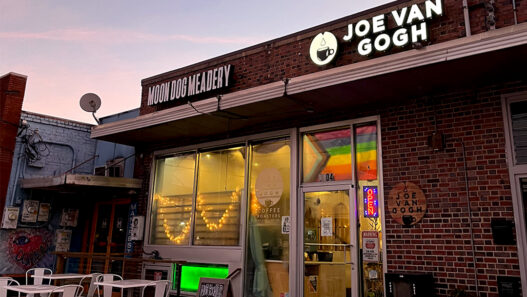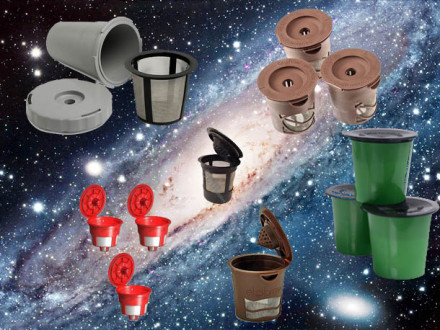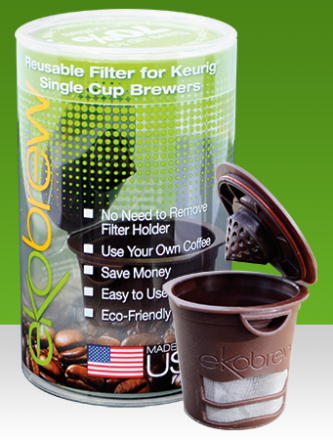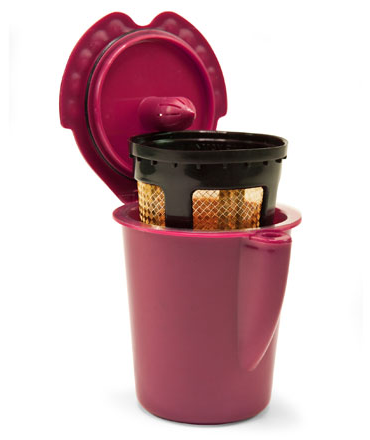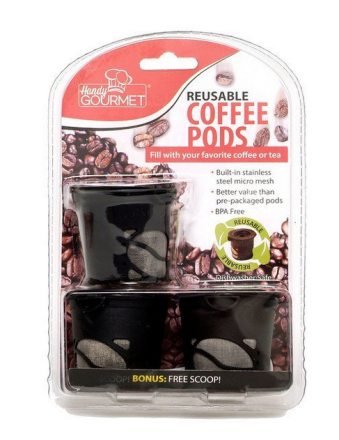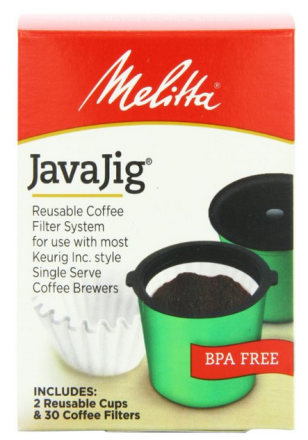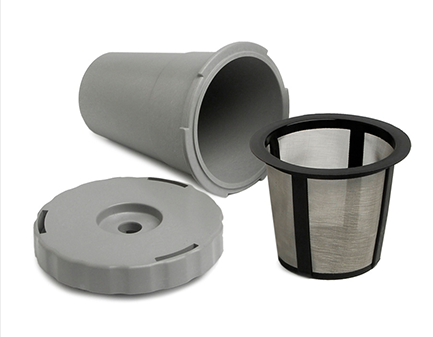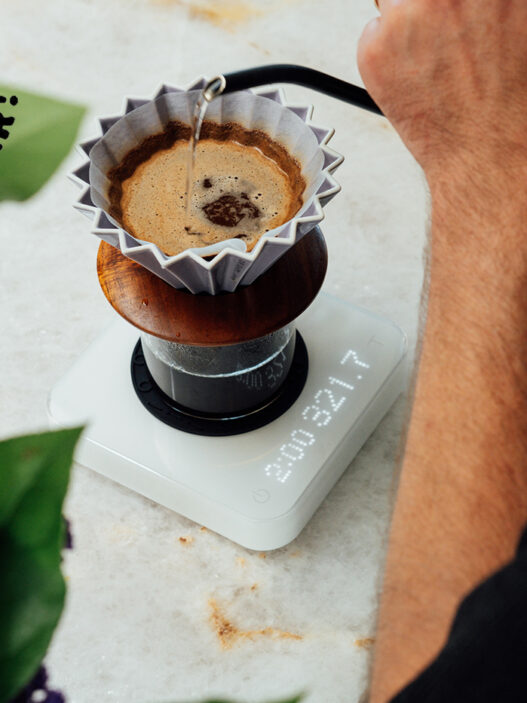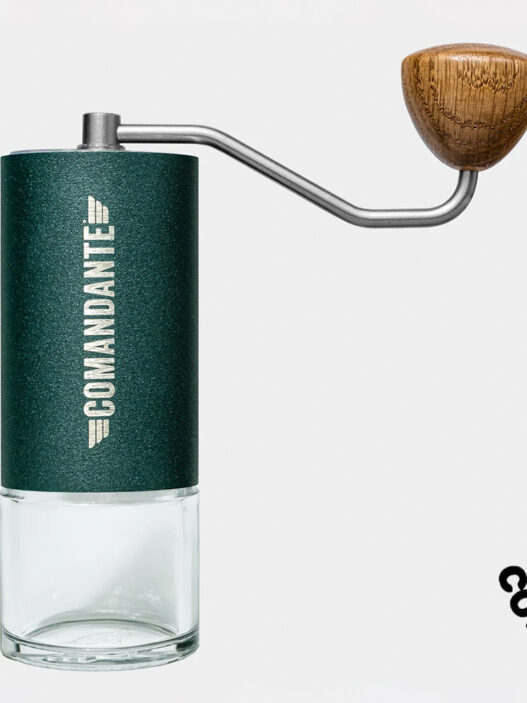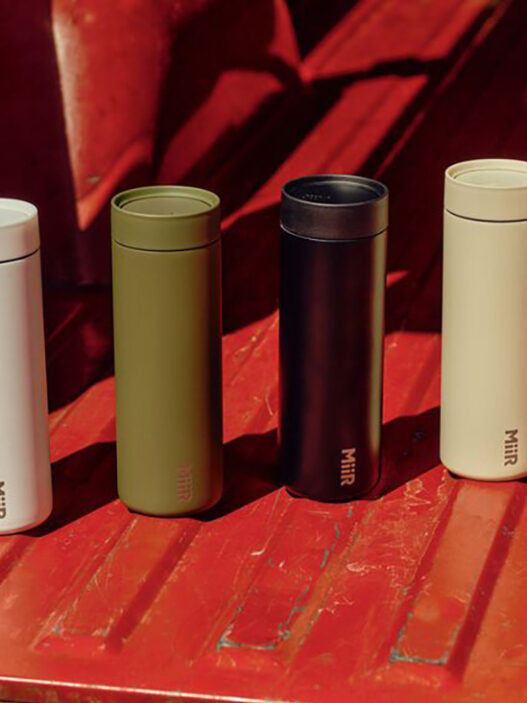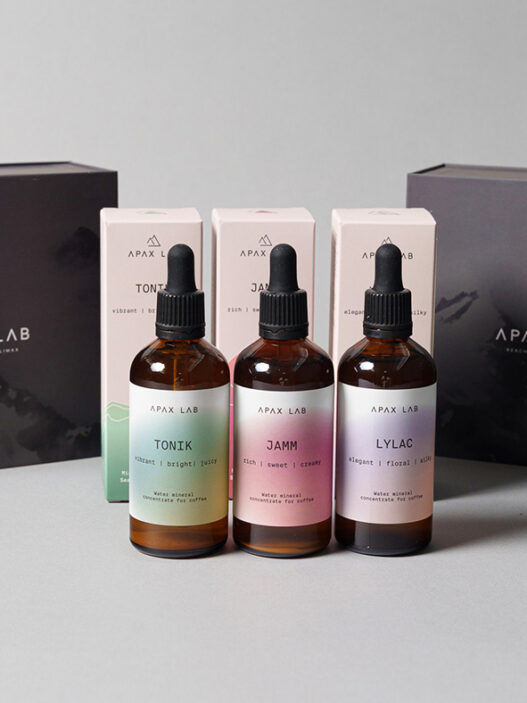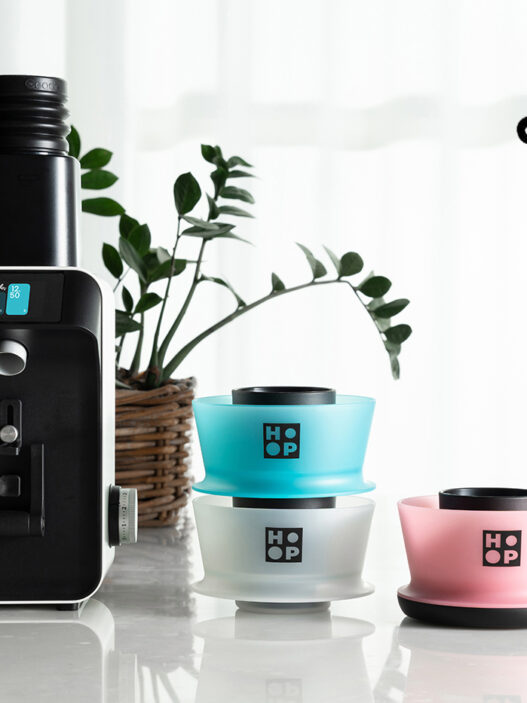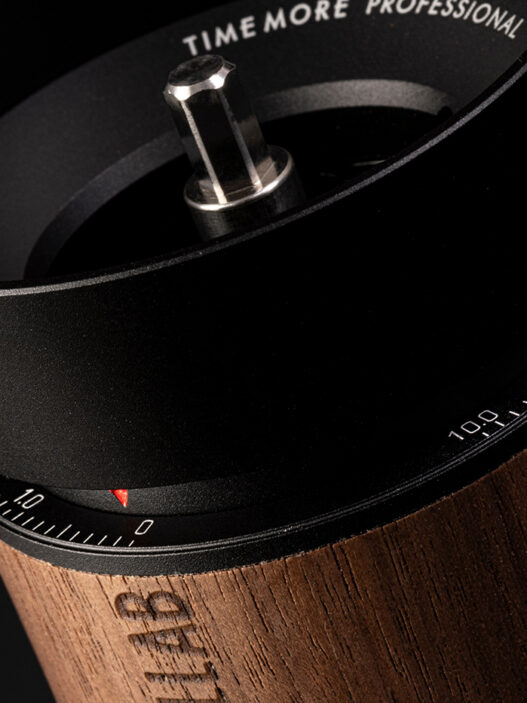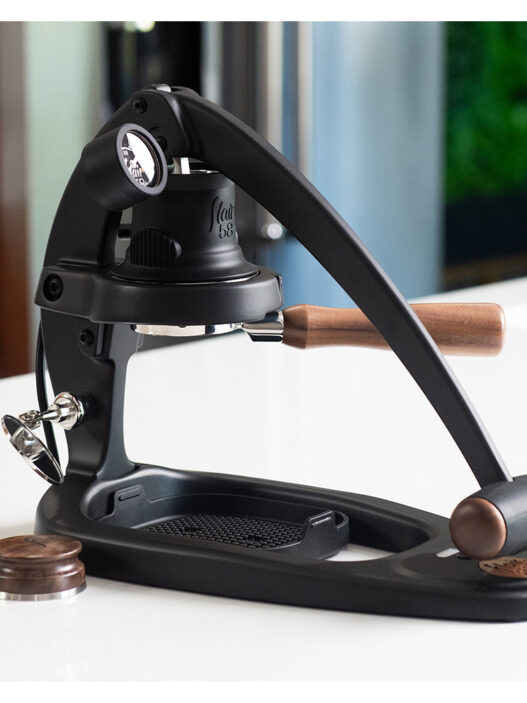Let’s admit it: we all love to push a button and have something magical happen. Love it or hate it, there’s no arguing that the Keurig pod-brewer has stormed home and office countertops nationwide. For those busy and bleary-eyed who have come to rely on the high convenience of one-touch coffeemaking, these brewers have been a boon.
There are many reasons to be conflicted about pod brewing: there are the high financial and environmental costs, the small selection of coffees available, and of course the quality problems of stale ground coffee. A cottage industry of alternative, reusable coffee pods (refillable with the fresh ground coffee of your choice!) has sprung up to address some of these concerns. But two weeks ago, Keurig announced that the next generation of Keurig K-Cup brewers would introduce a digital rights management (DRM) technology, like copy protection on DVDs, to its brewers, that would lock out the use of any pods not manufactured or licensed by Keurig.
Keurig is a wholly-owned subsidiary of Green Mountain Coffee, a company that recently sold a 10% share of their business to Coca-Cola for $1.25 billion as part of gearing up to offer a Keurig Cold line of iced beverage machines. For a long time “Starbucks served as the exclusive super-premium coffee brand for Keurig’s K-Cup,” but recently that partnership has been opened up, and Keurig will be offering a line of Peet’s Coffee K-cups soon, with more partnerships to come. Protecting their investment in these sorts of big-ticket moves is likely one of the motivating factors for introducing DRM. In addition to the big brand partnerships, Keurig may pursue an accessories licensing model similar to Apple and their proprietary connectors, but there’s no guarantee that smaller operations will continue to have access to the next generation of the K-Cup platform.
There is still some time before the grand switch-over happens, so we have put together this roundup of alternative reusable pods for anyone with one of the original, unencumbered brewers. Just make sure they work in the model of machine you have. And if draconian DRM or a desire for higher quality have you giving up on the reusable K-Cup idea altogether, remember, you can always turn your spent disposables into seed-starters!
Ekobrew
This reusable, refillable flip-top pod cup is a nice alternative to people who want a pushbutton brewer on the premises (or who share space with someone who does) but who want to be able to fresh grind their own choice of coffee. Since you’ll be taking this out of the machine and handling it hot (this is your best time to rinse it out for re-use), grippy silicone bits have been installed to make the job easier. It’s also one of the larger-capacity reusable alternatives: up to 14 grams of coffee can fit in your Ekobrew, and though you need not fill it to the top, it allows a flexiblity of brew strength smaller cups cannot.
Approximately $8.50 at online merchants.
Solofill Gold Cup
Solofill makes a standard reusable pod cup as well as this gold filter model, for those in the 24-carat mesh set who prefer the finer filters in life. Solofill has a more compact dispersion cone than the Ekobrew, and a smaller capacity, but its selling point is the extremely fine-weave gold mesh filter that gives this cup its name. (Solofill also redesigned its earlier refillable cups to create a flat-bottom whereas previously they had protruding nubs—they are now much easier to set on a countertop to fill with the coffee of your choice.)
Approximately $17 at online merchants.
Handy Gourmet Reusable Coffee Pods
The folks at Handy Gourmet make a lot of gadgets, including the “Forever Fizz” soda saver and a device called the “Fat Magnet”, so naturally they’ve gotten into the single-cup game. These are less expensive than the Solofill and Ekobrew alternatives, and in fact, come in a pack of three (which makes one wonder how many times you’re expected to refill them before they peter out, or wouldn’t you just need one?). Their water dispersing cone has wider passages, and the mesh filter at the bottom is larger as well (and designed like a coffee bean!), leading to a quicker brew time.
Approximately $4.50 for three at online merchants.
Melitta Java Jig
For drinkers who prefer the cleaner cup quality that only paper filters can provide, historic coffee filter company Melitta offer the Java Jig as a contender in this category. It is preferred by many for its taste and ease of clean-up, though you’ll have to keep a supply of (adorable! tiny!) Java Jig filters on hand, fitting them in and tossing them out when full of spent grounds.
Approximately $5.98 for 2 Java Jigs and a pack 30 filters at online merchants.
Keurig My K-Cup
And, of course, Keurig makes their own refillable K-Cup, which we can presume (or hope) they’ll upgrade to be compatible with future Keurig brewers. That said, this model has some kinks to it, like leaking, that its competitors have done better on. Unlike the Ekobrew, Solofill, Handy Gourmet or JavaJig, the body of this reusable filter is almost all mesh—meaning your coffee will filter through at a higher rate of speed than other filters, and result in a weaker cup of coffee. Numerous My K-Cup hacks have been documented online involving using a used regular K-Cup to slow down extraction in a My K-Cup (heavy sigh), but as prices are competitive, you may wish to carefully consider which features you really want out of your refillable cup.
Approximately $9.45 at online merchants.
Liz Clayton is the author of “Nice Coffee Time“, a regular columnist for Serious Eats: Drinks, and New York City chief at Sprudge.com. She lives in Brooklyn. Read more Liz Clayton here.






